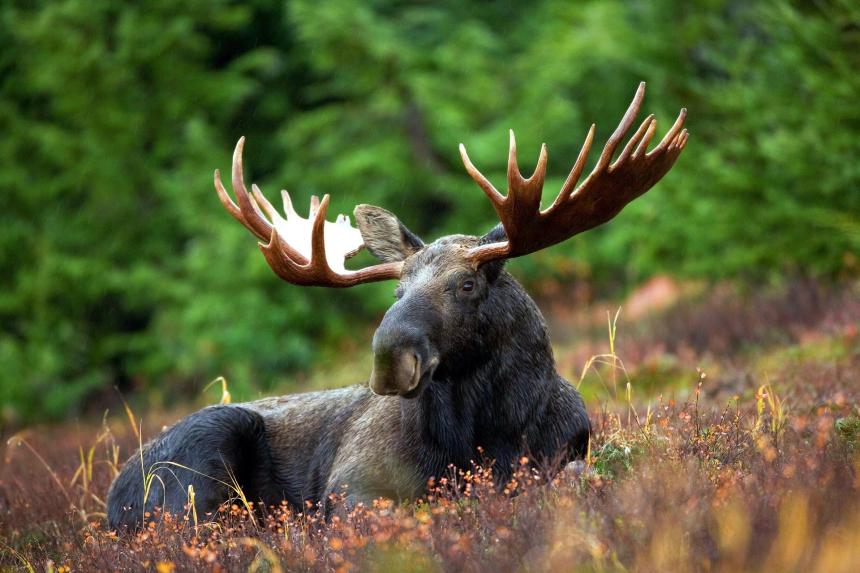In the News

July 03, 2025
A new paper by Dr. Steve Osofsky and team was recently selected for the Editor’s Choice honor by the journal CABI One Health. The selected publication discusses the AHEAD program’s work over the past two decades.

July 02, 2025
by
Margaret Swift
As dawn yawns and stretches over the African savanna, a line of cars waits impatiently at the wooden gate of Crocodile Bridge Rest Camp. I join the tail end in my tiny white rental car...

June 30, 2025
Warmer winters and shifting climates are helping ticks thrive in new places. From Lyme disease to meat allergies, learn how these tiny invaders are changing the map and what you can do to protect yourself.
News
June 25, 2025
Dr. Jessica Siegal-Willott ‘97, DVM ‘02, credits her training at Cornell University’s College of Veterinary Medicine with laying a strong foundation for her career, which spans clinical practice, conservation, and public service....

June 24, 2025
Cornell Atkinson has awarded six new Academic Venture Fund projects to drive bold, interdisciplinary research tackling global sustainability challenges, including one focused on highly pathogenic avian influenza transmission chains between wildlife and livestock.

Video
June 20, 2025
In this eCornell keynote presentation, Drs. Katie Fiorella, Sebastian Heilpern, and Eric Teplitz use case studies from rapidly emerging aquatic food sectors in Cambodia, the Amazon, and Kenya to underscore the critical importance of aquatic environments and biodiversity to our own health.

June 19, 2025
World Albatross Day is an opportunity to raise awareness about the conservation crisis facing these iconic ocean dwellers. This year’s theme aims to shed light on the alarming impact of diseases, particularly highly pathogenic avian influenza, on already vulnerable albatross and petrel populations.

June 17, 2025
Cornell researcher Dr. Laura Goodman’s groundbreaking prototype for early detection of tick-borne disease could transform diagnostics, but a sudden funding freeze has put the research on hold.

June 12, 2025
A new study, led by Cornell's Dr. Sebastian Heilpern, highlights the value of biodiversity for sustainability and nutrition.

Announcement
June 11, 2025
We are pleased to announce that our 2025-2026 call for Cornell K. Lisa Yang Postdoctoral Fellowships in Wildlife Health is now out! Applications due October 6, 2025.
